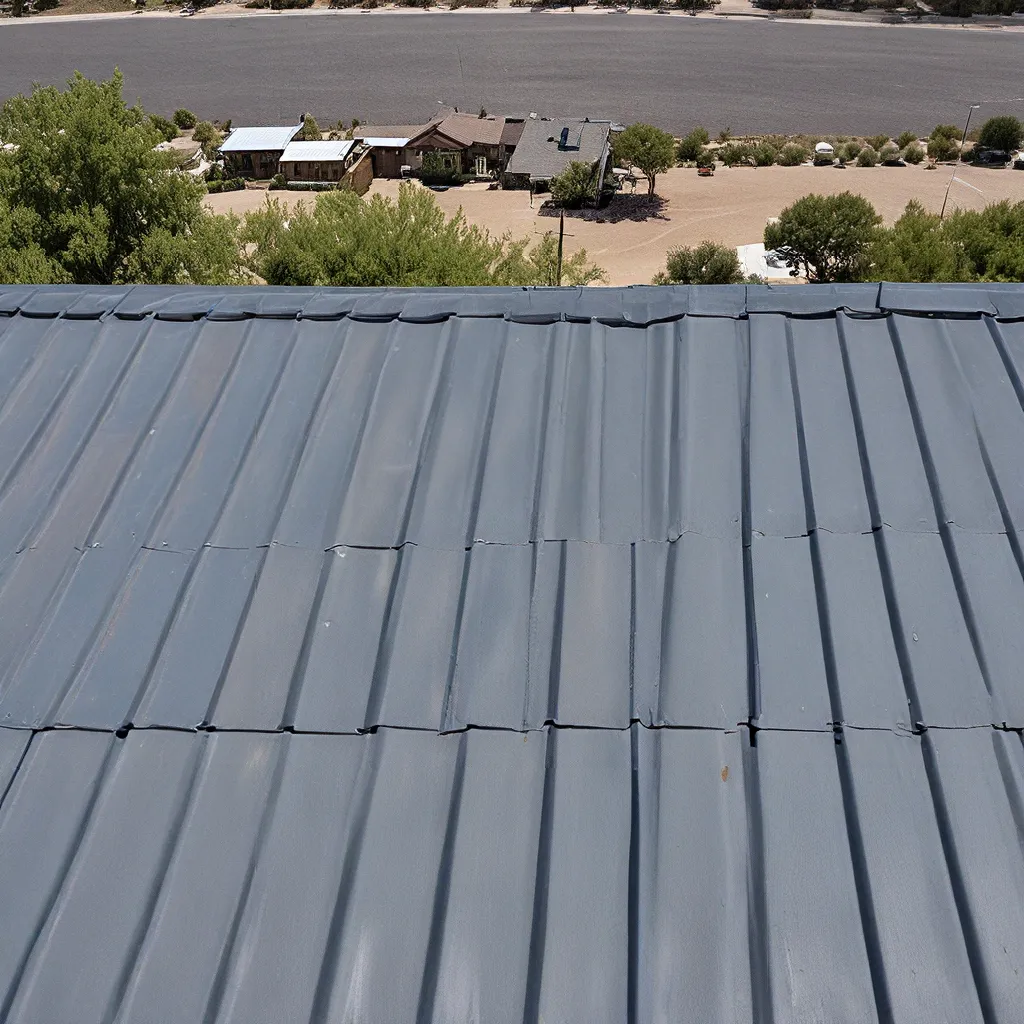
In our modern world where rising energy costs are a burgeoning concern for many, embracing energy-efficient solutions becomes paramount. In this endeavor, it is critical to recognize the significant role played by one crucial component of any structure – the roof. A carefully made roofing decision can have a far-reaching impact on energy consumption.
It is fundamental to recognize the importance of energy-efficient roofing practices as they can translate into meaningful financial savings and environmental benefits over time. By making smart choices about your roofing materials and design, you can reduce heat loss in the winter, minimize heat gain in the summer, and ultimately lower your energy bills.
Your roof plays a crucial role in regulating the temperature inside your home. Proper insulation prevents heat from escaping during the colder months and blocks heat from entering during the warmer months. Additionally, adequate ventilation ensures that excess heat and moisture are released from your attic, preventing damage to your roof structure and improving air quality.
When adding insulation to the roof, it is important to guarantee that the roofing substrate is strong enough to support the additional weight. As such, it is a good idea to consider applying metal b-decking to the roof substrate, which provides shear support and increases the load-bearing capacity of the roof.
Roofing Materials and Energy Efficiency
There is a wide range of roofing materials on the market, each with its own set of energy efficiency properties. Some of the most prevalent roofing options today include:
Asphalt Shingles
Asphalt shingles are a popular and affordable option, known for their durability and performance. They can last anywhere from 15 to 30 years with proper maintenance and installation. Asphalt shingles are also reasonably energy-efficient and can help to keep homes cooler in the summer and warmer in the winter.
Wood Shakes
Wood shakes are a beautiful and insulative option, but they require more maintenance than some other materials. They can last up to 30 years with proper care, but are more susceptible to fire and rot than materials like metal or tile.
Metal Roofing
Known for its exceptional longevity and durability, metal roofing is an attractive option for homeowners seeking reliable protection for their investments. With an exceptional lifespan of up to 50 years or more, metal roofing can withstand extreme weather conditions and is highly reflective, helping to lower energy costs during the summer months.
Slate Roofs
Slate roofs are a popular choice for homeowners looking for a durable, long-lasting, and attractive roofing material. Slate is a natural stone that is fire-resistant and can withstand extreme weather conditions. However, slate roofs are more expensive to install than other options.
Roof Design and Energy Efficiency
Apart from materials, the design of your roof also plays a significant role in energy efficiency. Features like a well-designed attic ventilation system, properly installed flashing, and strategic roof pitch can all contribute to improved energy performance.
On top of these design components, don’t neglect the gutters. Clogged and inefficient gutters can lead to damage that results in poor roof efficiency.
In addition to roofing materials and design, consider incorporating the following components into your roofing system for enhanced energy efficiency:
- Radiant barriers: These reflective materials help to block heat transfer from the roof.
- Solar-powered attic fans: These fans circulate air and keep your attic cool, reducing the load on your HVAC system.
- Roof coatings: Reflective coatings can help to reduce heat absorption and improve energy efficiency.
Finally, do not overlook the importance of routine cleanings and regular roof inspections for ensuring the ongoing efficiency of your roof. Investing in an energy-efficient roofing system offers numerous benefits, including:
- Lower energy costs
- Improved home comfort
- Increased property value
- Reduced environmental impact
All in all, while adding energy-efficient features will require an upfront investment, their benefits will pay you back many times over in the long run.
Your roofing system plays a vital role in your home’s energy efficiency. By making informed choices about roofing materials, design, and components, you can reduce heat loss, minimize heat gain during warm summer months, and ultimately save money on your energy bills. Investing in an energy-efficient roof not only lowers your expenses but also increases your home’s value, improves comfort, and contributes to a cleaner environment.
Consult with roofing professionals today and explore the options at https://metalroofing-phoenix.com/ to maximize your home’s energy efficiency and create a more sustainable and cost-effective living space.
